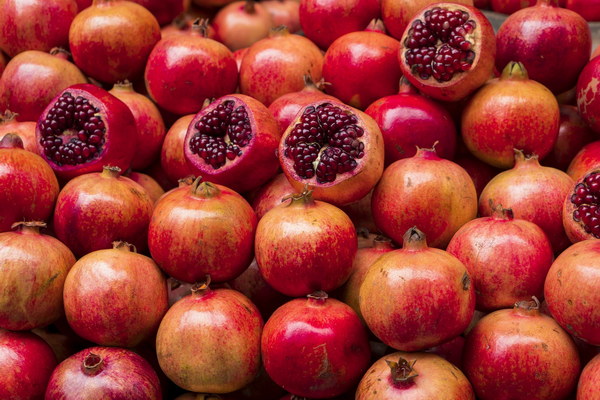Nourish Your Stomach Exploring the Benefits of GastricNourishing Foods and Herbs
Introduction:
In the fast-paced world we live in, it's easy to neglect our digestive health. However, a healthy stomach is essential for overall well-being. This article delves into the concept of gastric-nourishing foods and herbs and their benefits in promoting a healthy stomach and improving digestive function.

I. Understanding Gastric-Nourishing Foods
1. What are gastric-nourishing foods?
Gastric-nourishing foods are those that support the health of the stomach and promote digestion. They are rich in nutrients and have properties that help soothe and protect the stomach lining.
2. Key characteristics of gastric-nourishing foods
- High in fiber: Fiber helps to promote bowel regularity and prevent constipation, which can strain the stomach.
- Easy to digest: Foods that are easy to digest place less stress on the stomach and aid in nutrient absorption.
- Alkaline-forming: Alkaline-forming foods help balance the pH levels in the stomach, reducing acidity and inflammation.
II. Top Gastric-Nourishing Foods and Herbs
1. Ginger
Ginger is a well-known digestive aid and has been used for centuries to soothe an upset stomach. It has anti-inflammatory properties and can help reduce nausea and bloating.
2. Chamomile
Chamomile is a gentle herb that is often used to calm the nervous system and reduce stress, which can have a positive effect on digestion. It also has anti-inflammatory and antispasmodic properties.
3. Turmeric
Turmeric contains a compound called curcumin, which has anti-inflammatory and antioxidant properties. It can help reduce inflammation in the stomach and improve digestion.
4. Fennel
Fennel is a flavorful herb that can aid in digestion and reduce bloating. It contains essential oils that help stimulate the production of digestive juices and improve bile flow.
5. Green Tea
Green tea is rich in antioxidants and has a calming effect on the stomach. It can help reduce inflammation and promote healthy digestion.
6. Yogurt
Yogurt is a probiotic food that contains beneficial bacteria that help maintain a healthy balance of gut flora. It can aid in digestion and improve overall gut health.
III. Incorporating Gastric-Nourishing Foods into Your Diet
1. Include a variety of fruits and vegetables
Fruits and vegetables are high in fiber and essential nutrients that support stomach health. Aim for a colorful variety to ensure you're getting a wide range of vitamins and minerals.
2. Choose whole grains
Whole grains are rich in fiber and can help regulate digestion. Incorporate foods like oatmeal, brown rice, and quinoa into your diet.
3. Add herbs and spices
Herbs and spices, such as ginger, turmeric, and fennel, can help improve digestion and reduce inflammation. Use them in your cooking or as a tea.
4. Incorporate probiotic foods
Probiotic foods like yogurt, kefir, and fermented foods can help maintain a healthy gut flora. Aim for a variety of probiotic sources to ensure you're getting a diverse range of beneficial bacteria.
Conclusion:
Incorporating gastric-nourishing foods and herbs into your diet can help promote a healthy stomach and improve digestion. By focusing on fiber-rich, easy-to-digest, and alkaline-forming foods, you can support your digestive system and enjoy better overall health. Remember to consult with a healthcare professional before making significant changes to your diet, especially if you have any existing digestive issues.









